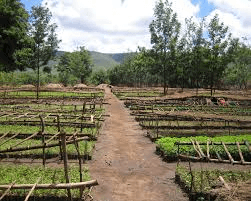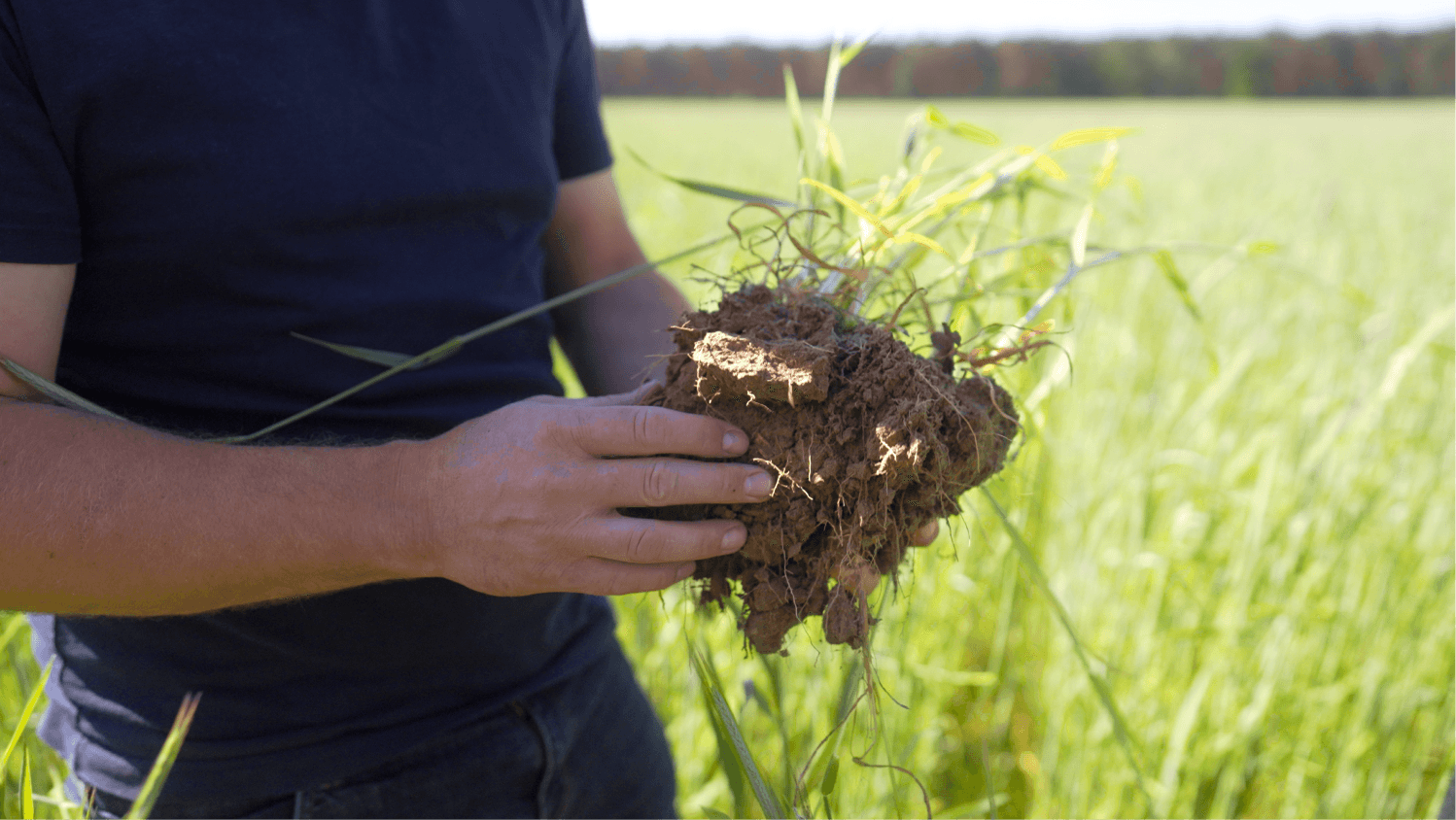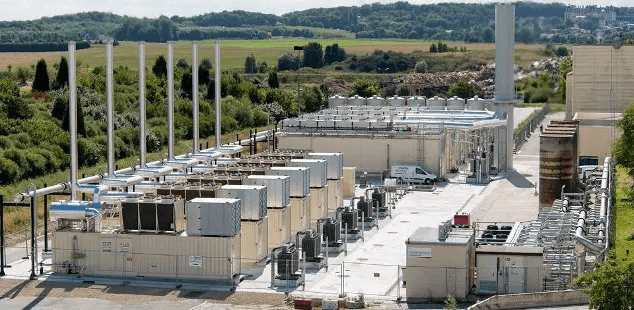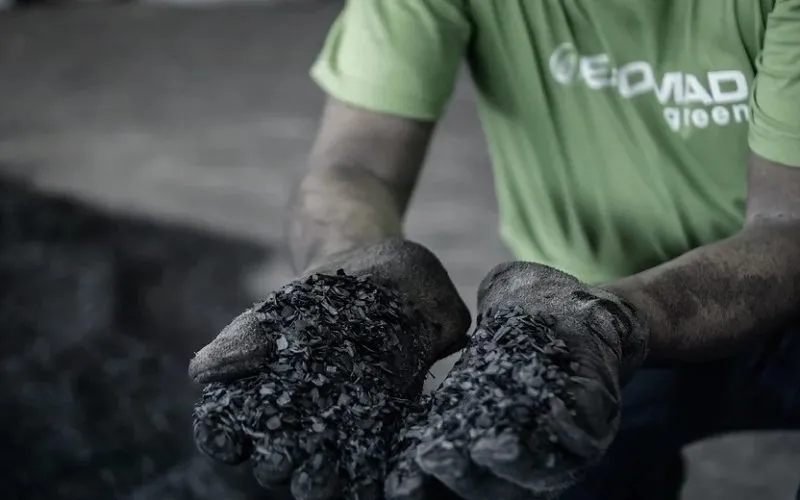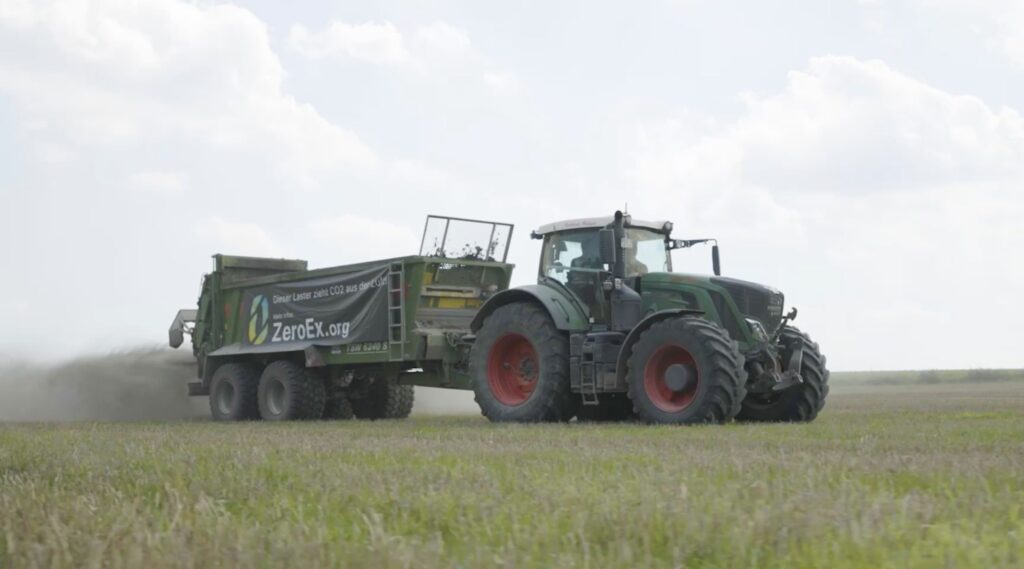have us call you right now.

Are you ready to support Climate Projects?
Join 200+ companies making impact with Regreener
FAQ's about our projects
Everything you need to know
What's the difference between biochar credits and BECCS?
Both biochar and BECCS (Bioenergy with Carbon Capture and Storage) use biomass to remove CO2, but they work very differently. Biochar converts organic waste via pyrolysis into a stable solid that is applied to soil, storing carbon without complex infrastructure. BECCS burns biomass for energy and captures the resulting CO2 for geological storage — a process that is technically promising but currently expensive, energy-intensive, and limited in scale. Biochar is available today at commercial scale through certified projects, while BECCS remains largely in pilot phase.
How much does a biochar carbon credit cost in 2026?
Biochar carbon credits typically range from €100 to €300 per tonne of CO2 in 2026, depending on the project's certification, feedstock, and production method. This premium over nature-based offsets reflects biochar's exceptional permanence and verifiability. For businesses building a high-integrity carbon portfolio, the higher price point comes with significantly lower reversal risk compared to forestry-based credits.
How long does biochar store CO2?
Biochar stores carbon for hundreds to thousands of years - most certified biochar projects demonstrate a minimum mean residence time of 100 years, with high-stability biochars (H:Corg ratio below 0.4) documented to persist for over 1,000 years. This makes biochar one of the most permanent carbon removal solutions available, far outlasting forest offsets, which carry reversal risks from fire, disease, and land-use change.
What are the best carbon credit providers in 2026?
In 2026, top carbon credit providers include Regreener, South Pole, ClimatePartner, Anthesis, and Rabo Carbon Bank. These companies stand out for their verified impact, transparency, and project quality across both carbon removal and carbon reduction initiatives.
How can I be sure the carbon credits aren't contributing to greenwashing?
All of our projects are carefully selected, based on four-step Quality Framework.
A track record in removing or reducing CO2 emissions;
A positive impact on biodiversity;
Social impact: creating jobs for local communities;
Data transparency: our projects have a real, measurable and verifiable impact.
Each project is vetted against 100+ data points, including assessments by independent rating agencies like BeZero and Calyx. This ensures we only offer the top 10% of climate projects globally - delivering measurable climate impact and meaningful social co-benefits.
Can my company still claim "Carbon Neutral"?
The terminology is shifting. Under new guidelines (like VCMI and EU Green Claims Directive), companies are advised to move away from claiming "Carbon Neutrality" based solely on offsetting. Instead, the focus is on "Contribution Claims" or "Beyond Value Chain Mitigation," where you fund climate action without necessarily using it to cancel out your own gross emissions.


